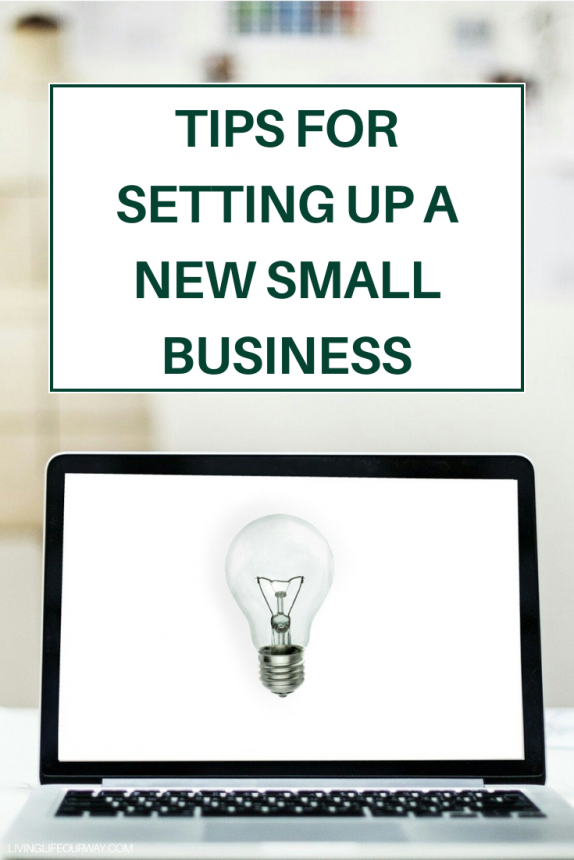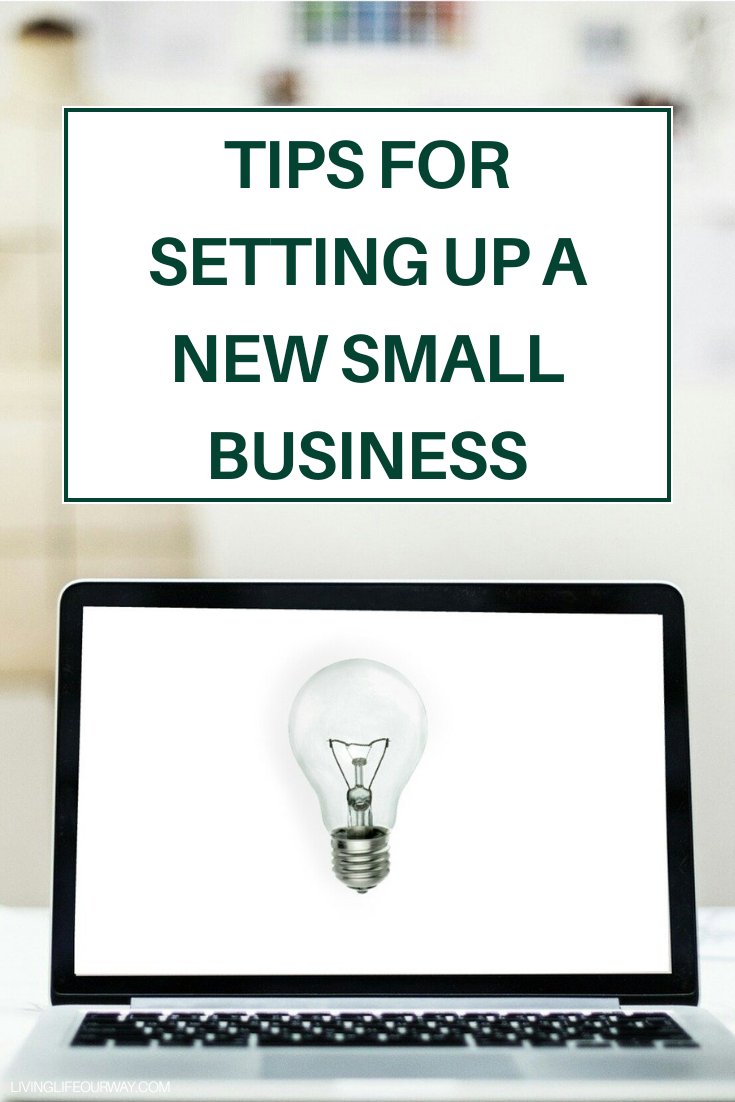Setting up your own small business can be daunting. If you are new to being self-employed, there can be alot of new information to take in and a steep learning curve. However, there is plenty of support out there too. Here is some useful advice for beginners to get you started…

Type of Business
The first thing you need to do is decide what type of business you are; sole trader, partnership, limited company or other structure. There are benefits, responsibilities and risks to each type; the right answer for you will depend on a number of factors, so research well and consider your options carefully. Once you have decided, you will need to register.
Business Insurance
Many businesses require adequate insurance to cover yourself should things go wrong. Again, this will depend on the nature of your business. My first venture was running educational play sessions for young children; for this I needed to do risk assessments of the activities and the premises and find insurance that covered me sufficiently.
Book-Keeping
You will need to record your income and expenses accurately. Depending on the type of business and the complexity of figures, you might be able to do this on a simple cash in, cash out basis. You might also be able to use simplified expenses in some cases. However, it is important to check this applies to you and makes most financial sense, so seek advice if you are unsure. And if your business requires more detailed record keeping, it might be beneficial to hire an accountant to advise, unless you feel confident doing it yourself.
Employees
Many sole traders do not have employees. Some may hire freelance workers for specific tasks who operate on a self-employed basis and therefore are not employees. However, if you are employing anyone to help run any aspect of your business you will need to handle their pay; again, there are helpful payroll services to assist with this.
Tax and National Insurance Contributions
One of the key things to remember when you are self-employed is that your tax and National Insurance contributions are handled differently. Make sure you don’t find yourself left with an unmanageable tax bill at the end of the financial year; budget for this within your calculations when working out the viability of your business, and don’t mistake this tax money as profit!
Business Support
The last piece of advice I would give is look into current schemes that support new initiatives. These are designed to give new businesses a much needed boost to get off the ground and thrive. Some of these only apply to specific niches or have certain conditions attached, others are more general. There might be a scheme of benefit to you, so it is worth checking this out.
Do you have any other advice for setting up a new business?
*This is a collaborative post


Always looking for tips – one never knows what the future holds
Great post. From experience, my only advice I can give is if your work from home then create a room/space where you can work without any distractions.